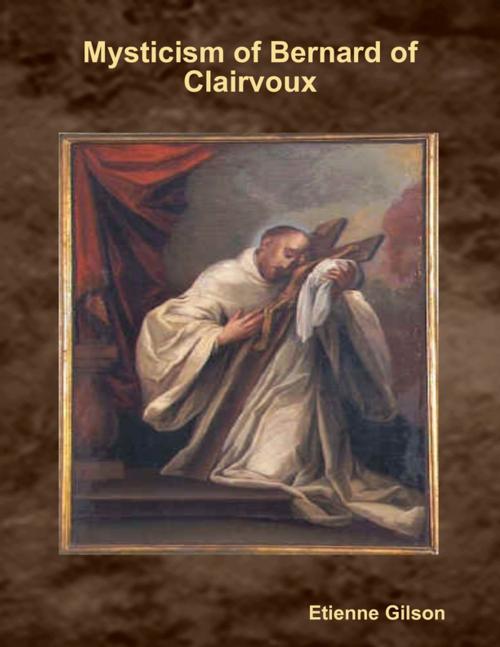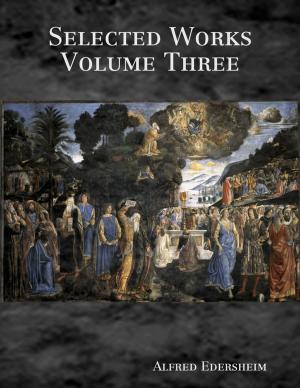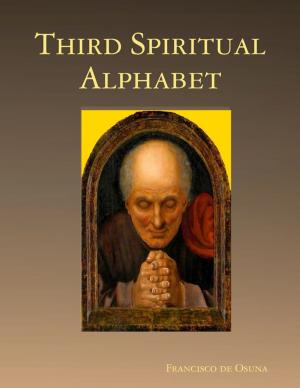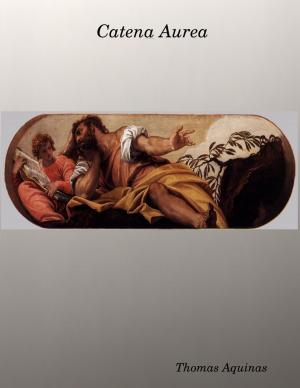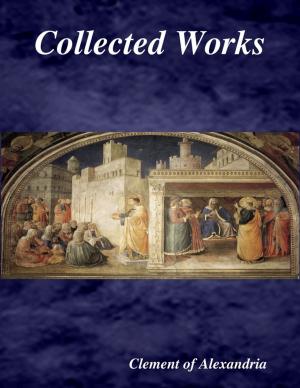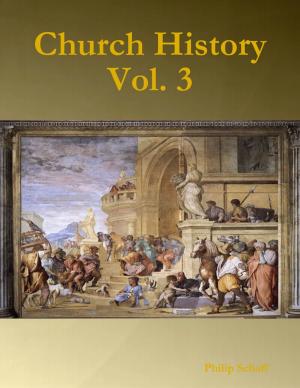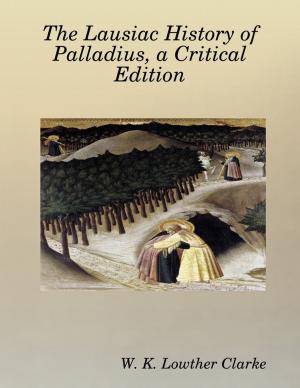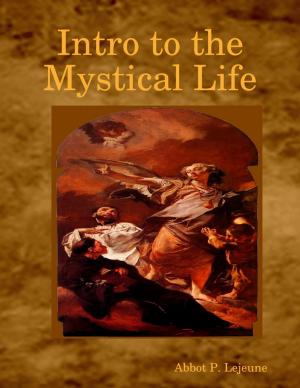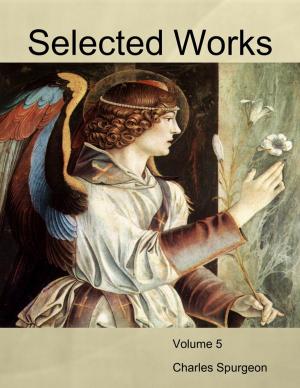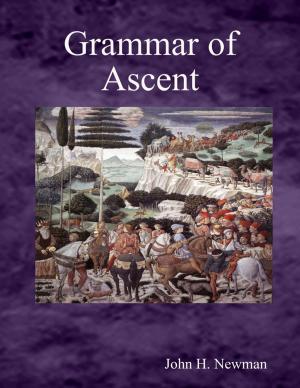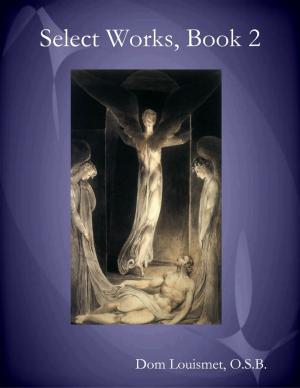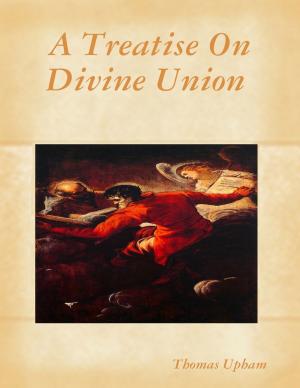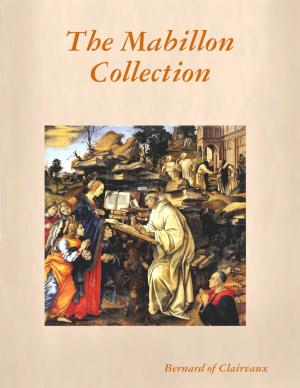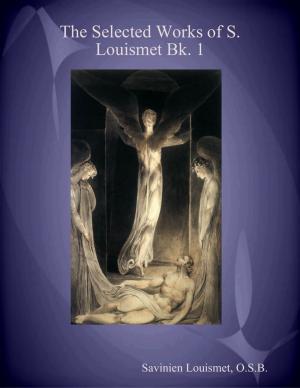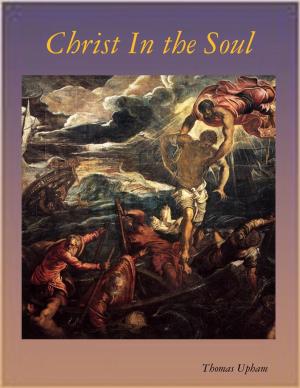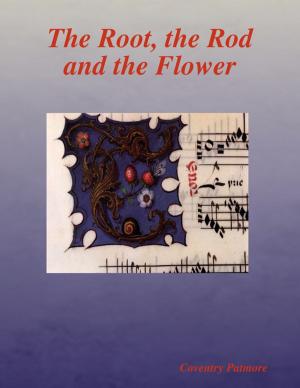| Author: | Etienne Gilson | ISBN: | 9781936392469 |
| Publisher: | Revelation Insight Publishing Co. | Publication: | March 29, 2014 |
| Imprint: | Revelation Insight Publishing Co. | Language: | English |
| Author: | Etienne Gilson |
| ISBN: | 9781936392469 |
| Publisher: | Revelation Insight Publishing Co. |
| Publication: | March 29, 2014 |
| Imprint: | Revelation Insight Publishing Co. |
| Language: | English |
It is universally recognized that Bernard was a prince among mystics. His mysticism is very -personal; he was too great and individual a character for it to be otherwise. But it is at the same time of a very definite type; it is, as Abbot Butler wrote in his Western Mysticism, "Pre-Dionysian, pre-scholastic, non-philosophical." In his theories of the life of prayer Bernard belonged to the age of the Fathers. Speculatively, Augustine and, in a lesser degree, Ambrose, were his masters. In the practical ordering of life, he depended to some extent on Basil and Maximus the Confessor, but very largely on Benedict, whose rule in its purity the Cistercian Order tried to inculcate.
It is universally recognized that Bernard was a prince among mystics. His mysticism is very -personal; he was too great and individual a character for it to be otherwise. But it is at the same time of a very definite type; it is, as Abbot Butler wrote in his Western Mysticism, "Pre-Dionysian, pre-scholastic, non-philosophical." In his theories of the life of prayer Bernard belonged to the age of the Fathers. Speculatively, Augustine and, in a lesser degree, Ambrose, were his masters. In the practical ordering of life, he depended to some extent on Basil and Maximus the Confessor, but very largely on Benedict, whose rule in its purity the Cistercian Order tried to inculcate.
